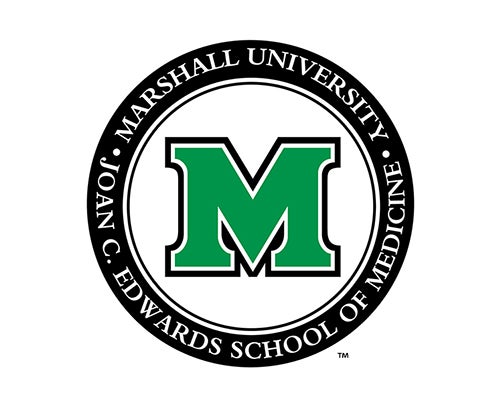Participants in the clinical trial will have elevated blood pressures, defined as 120 or greater systolic and 80 or greater diastolic, and will be randomly divided into two groups. One group will not receive medication to treat elevated blood pressure, while patients in the second group will be assigned to take one of two medications—nifedipine or labetalol. Both medications are considered safe for the treatment of elevated blood pressure during pregnancy, and all study patients will be closely monitored.
Women with elevated blood pressures during early pregnancy are at significant risk for preeclampsia, premature placental separation, preterm delivery and low birth weight. One of the study’s goals is to determine whether treatment decreases the risk of early delivery and infants admitted to the NICU.
“We know based on a recently completed study here at Marshall that our pregnant patients with blood pressure above 120 systolic or 80 diastolic are at higher risk for gestational hypertension and preeclampsia,” said Jesse Cottrell, M.D., the study’s principal investigator and assistant professor at the Joan C. Edwards School of Medicine. “This study uses medications that are routinely prescribed for elevated blood pressure during pregnancy to determine if treatment will improve clinical outcomes.”
Marshall is currently recruiting 234 patients for the study. Patients must be aged 18 to 45, between 12 and 16 weeks gestation with blood pressures between 120-139 systolic and 80-89 diastolic. Randomization to control, labetalol or nifedipine will be performed after patient consent. Patients must be receiving obstetric care at Marshall Health’s OB/GYN office located in the Marshall University Medical Center in Huntington.
For more information about the clinical trial, call 304-691-1400.

